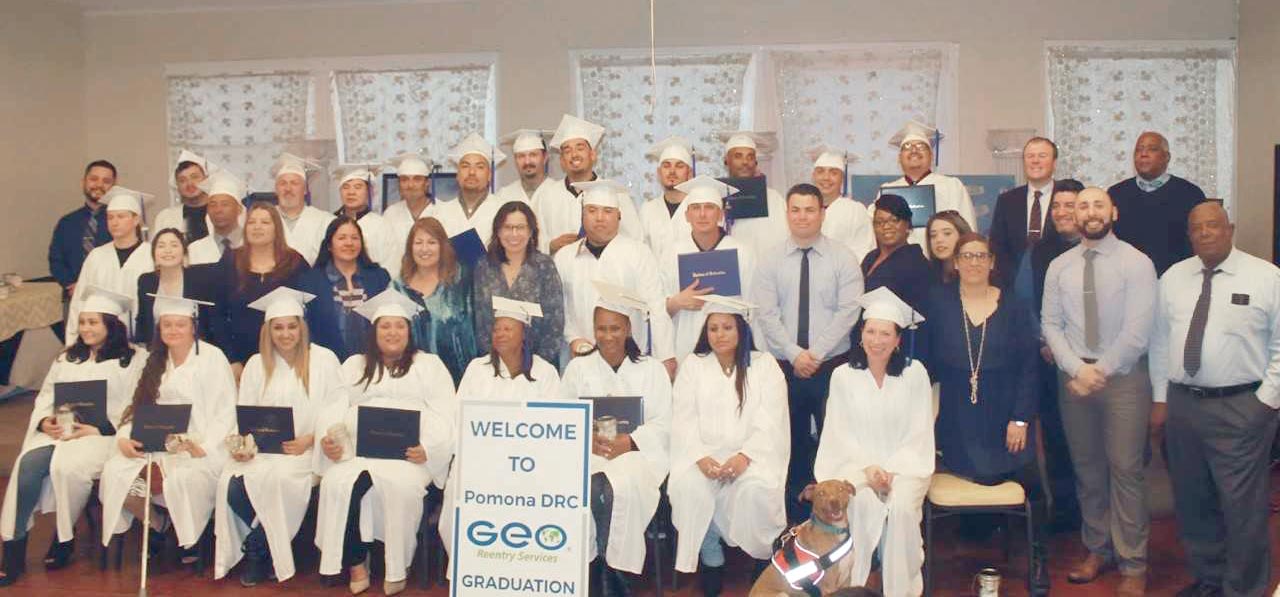GEO Reentry Services completed two new outcomes reports for non-residential day reporting programs funded by the California Department of Corrections and Rehabilitation. Both outcomes reports used the Texas Christian University Criminal Thinking Scales, a brief (self-rating) instrument developed to assess cognitive functioning expected to be related to criminal conduct. The TCU CTS is designed to measure “criminal thinking,” includes 37 items, and delves into six subscales thinking: Entitlement, Justification, Personal Irresponsibility, Power Orientation, Cold Heartedness and Criminal Rationalization.
GEO Reentry’s DRC participants are assessed when they enter and exit a program for criminal risk. The goal is to reduce the criminal risk therefore reducing the likelihood of recidivating.
At the Pomona Day Reporting Center, staff assessed 240 participants using the CTS instrument from 2015 through 2018. The average length of time in the Pomona DRC was eight months. An analysis of this group of participants found the risk score – across all six subscales – decreased by 8%, a significant clinical and statistical change.
At the Stockton Day Reporting Center, 131 participants were assessed using the CTS instrument in 2018. The average length of time in the Stockton DRC was six months. An analysis of this group of participants found the risk score – across all six subscales – decreased by 10%, a significant clinical and statistical change. Going further, researchers looked at the risk scores for a subset of the participants assessed, looking only at moderate-to-high risk individuals. This higher risk group showed more dramatic results, with a 17% reduction in risk from when they entered the program to when they exited it.
The Pomona DRC opened in 2013. The Stockton DRC opened in 2008. Both were opened to ease prison crowding and reduce recidivism rates among adult parolees. To successfully complete the program, participants complete cognitive behavioral treatment developed to change criminal behavior, maintain sobriety and participate in their prescribed group meetings. Most graduates exit the programs employed or enrolled in community college.
See more details on these two outcome reports or other recent outcomes reports.

